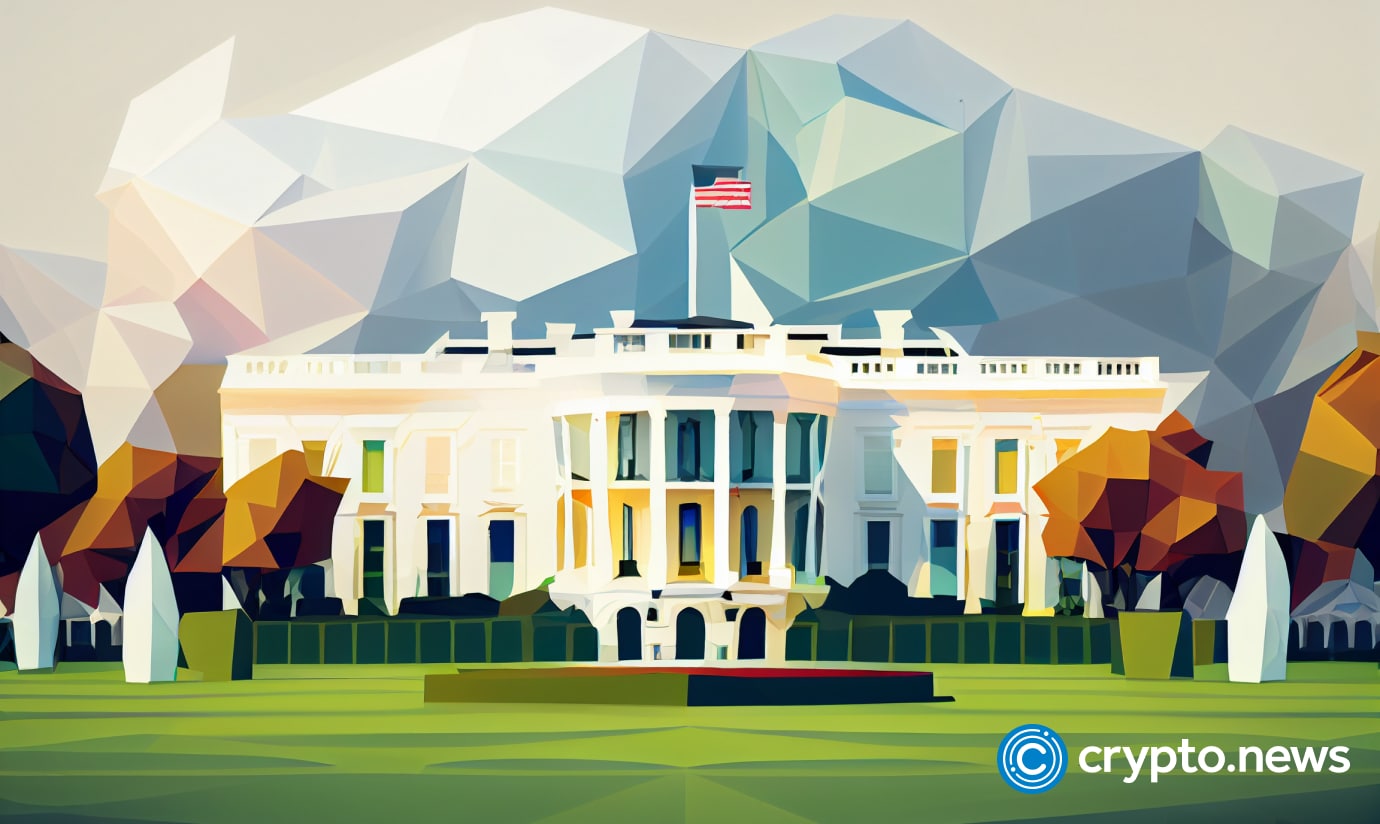Gensler marks cryptocurrencies as ‘investment contracts’

SEC Chair Gary Gensler‘s recent remarks on digital currencies have ignited a firestorm within the crypto community.
Gensler’s April 27 tweet included a video in which he urged crypto platforms to register with the SEC, asserting that they may violate securities laws.
He labeled crypto assets as “investment contracts” and insisted on the importance of regulatory compliance.
However, the crypto community swiftly highlighted that Gensler held an utterly contradictory view on digital currencies before taking the helm at the SEC.
The revealing resurfaced videos
A 2018 video, rapidly gaining traction on Twitter, features Gensler, then an MIT professor, classifying digital assets as “non-securities” and likening them to cash and commodities.
This position starkly contrasts with his belief that most crypto assets are securities. The discrepancy between Gensler’s past and present views has intensified public scrutiny and criticism.
The discord between Gensler’s past and present remarks on digital currencies may contribute to market instability and volatility.
The SEC’s crackdown on crypto assets, spearheaded by Gensler, has already raised concerns among industry experts.
Gensler’s lack of clarity on securities classification has drawn backlash from the crypto community, increasing the demand for a transparent regulatory framework.
Amid this, Coinbase‘s recent legal action\ against the SEC exemplifies the growing tension between regulators and the crypto industry. By filing this action, Coinbase seeks to compel the SEC to provide explicit guidance for crypto companies.
Envisioning potential outcomes
Various potential outcomes may emerge as the controversy surrounding Gensler’s statements unfolds.
Firstly, the SEC could be forced to provide clearer guidelines for crypto companies, fostering a more stable and predictable market environment.
Secondly, market participants may become increasingly skeptical of the SEC’s authority and credibility, leading to further friction between the regulatory body and the crypto industry.
Finally, the contradictions in Gensler’s statements could spark a more nuanced debate on the classification of digital currencies, ultimately shaping the future of crypto regulation.
















